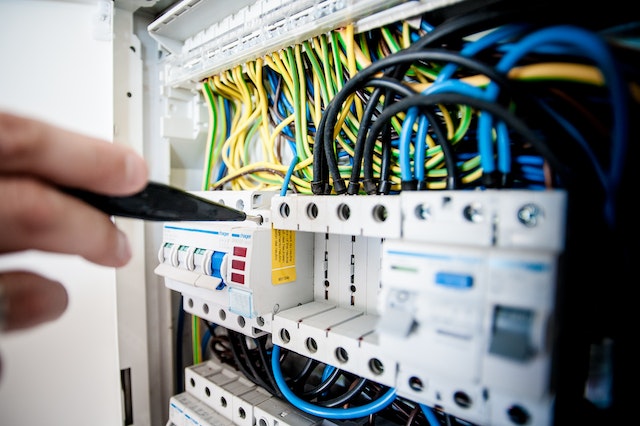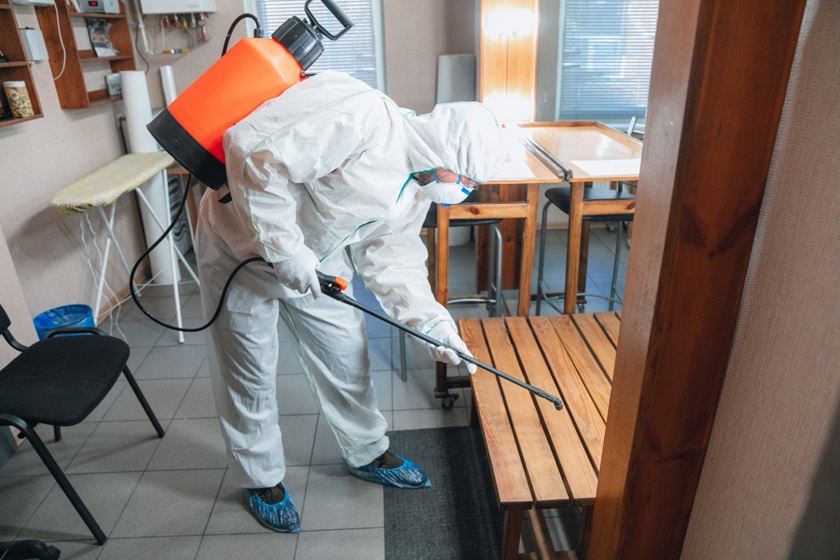Maintaining your home is one of the most important investments you can make because it impacts everything from your comfort to the value of your property. Whether you’re a first-time homeowner or an experienced landlord, having a comprehensive home maintenance strategy is essential for keeping up with repairs and avoiding costly renovations down the line. But what are those essential components? In this blog post, we’ll discuss 7 vital pieces that make up a sound climate of home maintenance. From planning out preventative measures to understanding when it’s time to call in an expert – these tips will help ensure all aspects of your house receive proper attention and care throughout the years!
1. Roof Maintenance
Regular roof maintenance is crucial in preserving the structural integrity of your home. Regular inspections can identify potential problems early on, according to bisonroofing.net, which will in turn prevent the need for expensive repairs or replacements. Be sure to inspect the roof for damaged or missing shingles, signs of leaks, and rusted flashing. Clear debris and leaves from gutters to prevent water accumulation and potential damage. Promptly repair any identified issues to avoid costly water damage or structural problems. Additionally, consider a professional roof inspection annually to ensure your roof is in optimal condition and can withstand the elements.
2. HVAC System Maintenance
Maintaining your heating, ventilation, and air conditioning (HVAC) system is essential for energy efficiency and indoor air quality. Replace air filters regularly, typically every three months, or as recommended by the manufacturer. Clean vents and ducts to ensure proper airflow. Schedule professional HVAC inspections and servicing to identify and address any potential problems early. Regular maintenance not only extends the life of your HVAC system but also helps lower energy bills and provides a comfortable living environment.
3. Plumbing and Drain Maintenance
Regular plumbing and drain maintenance are vital to prevent water damage and maintain efficient water flow. Check for leaks in faucets, pipes, and under sinks. Clear clogs using drain cleaners or natural remedies like baking soda and vinegar. Inspect toilets, showers, and sinks for any signs of leaks or water damage. Additionally, consider scheduling a professional plumber for a thorough inspection and maintenance. Addressing plumbing issues promptly can prevent costly repairs and maintain a properly functioning plumbing system throughout your home.
4. Exterior Painting and Siding Maintenance
The exterior of your home is the first line of defense against the elements, making regular maintenance essential. Monitor the condition of your home’s siding, whether it’s wood, vinyl, or another material. Repaint or touch up areas with peeling or chipped paint to prevent further deterioration. Check for signs of decay, mold, or mildew and address them promptly. Additionally, power washes the exterior to remove dirt and grime, enhancing the overall appearance. By maintaining your home’s exterior, you ensure its longevity, curb appeal, and protection against weather-related damage.

5. Landscape and Garden Maintenance
Maintaining a well-groomed landscape and garden not only enhances your home’s aesthetic appeal but also promotes a healthy outdoor environment. Regularly trim trees, shrubs, and bushes to maintain their shape and encourage healthy growth. Mow the lawn, and edge the borders to keep a neat appearance. Rake leaves and debris, and regularly fertilize and water your plants. Weed the garden beds to prevent unwanted growth and maintain a tidy garden. By dedicating time to landscape and garden maintenance, you create an inviting outdoor space that complements your home’s beauty and adds value to your property.
6. Appliance Maintenance
Appliances are significant investments in your home, and proper maintenance is key to their longevity and efficiency. Clean or replace air filters in heating and cooling systems to ensure optimal performance. Regularly inspect the refrigerator, oven, dishwasher, and washing machine for any signs of wear, leaks, or unusual noises. Clean the lint filter in the dryer and ensure proper ventilation. Follow manufacturer guidelines for maintenance tasks specific to each appliance. By maintaining your appliances, you not only extend their lifespan but also reduce energy consumption and save on repair or replacement costs.
7. Electrical System Maintenance
Regularly inspect electrical outlets, switches, and wiring for any signs of damage, wear, or overheating. Address any flickering lights or persistent circuit trips promptly. Consider hiring a licensed electrician for a thorough inspection of your electrical system, especially if your home is older or has not been assessed recently. By ensuring your electrical system is in optimal condition, you mitigate the risk of electrical fires and other potential hazards, providing a safe and secure living environment for you and your family.
A well-rounded home maintenance strategy is integral to preserving the longevity, value, and safety of your home. By prioritizing regular care in areas such as the roof, HVAC system, plumbing, exterior paint, landscaping, appliances, and electrical system, homeowners can circumvent costly and unexpected repairs. As a homeowner, your goal should be to keep your home in the best possible condition, not only to enjoy comfortable living but also to ensure that your property continues to appreciate in value. Regular maintenance is the key to achieving this goal.




